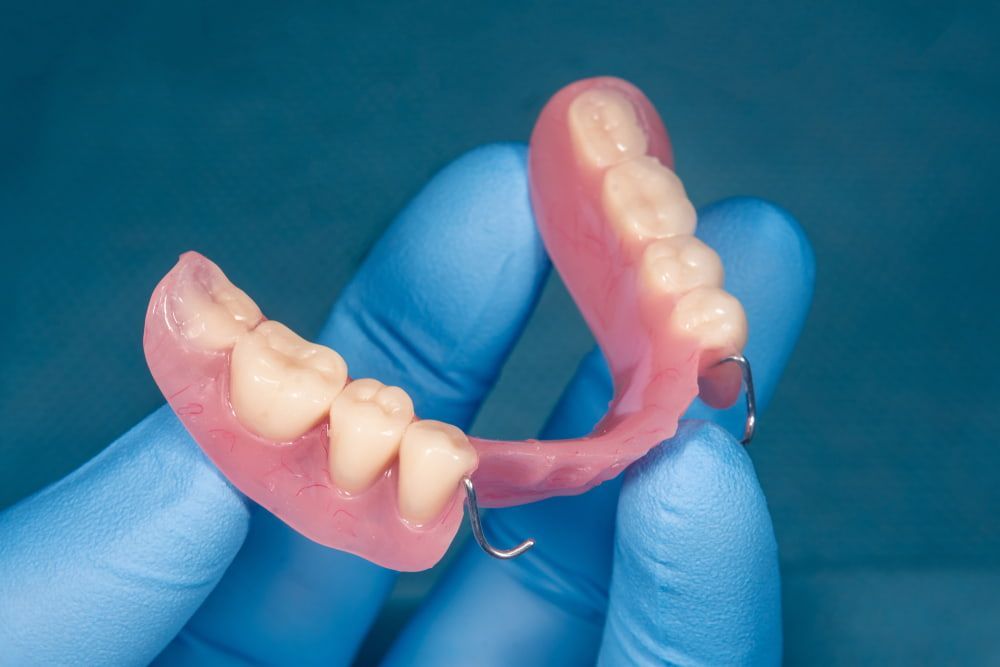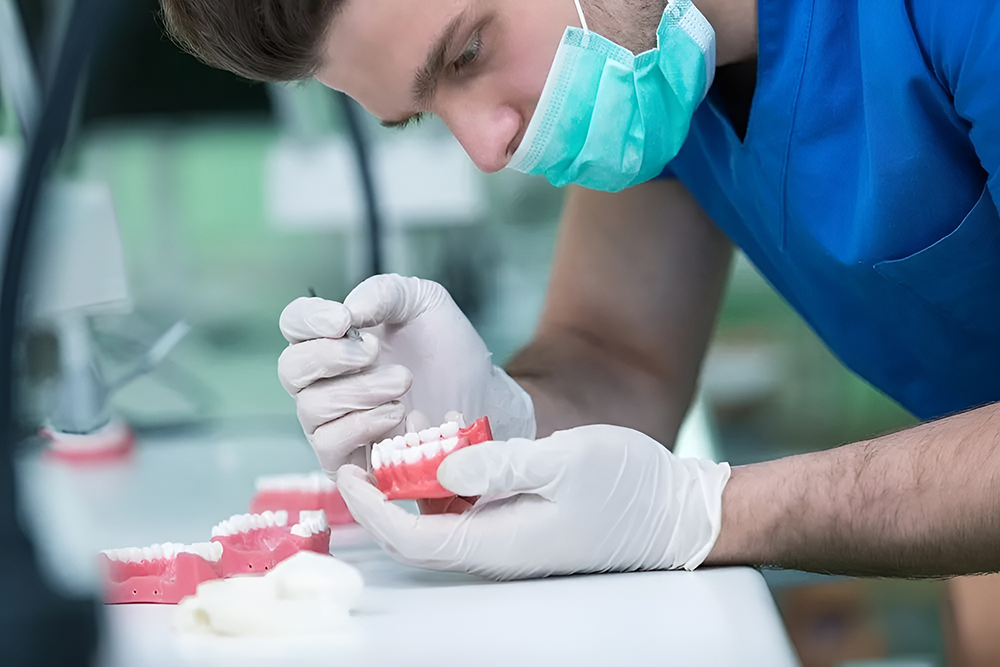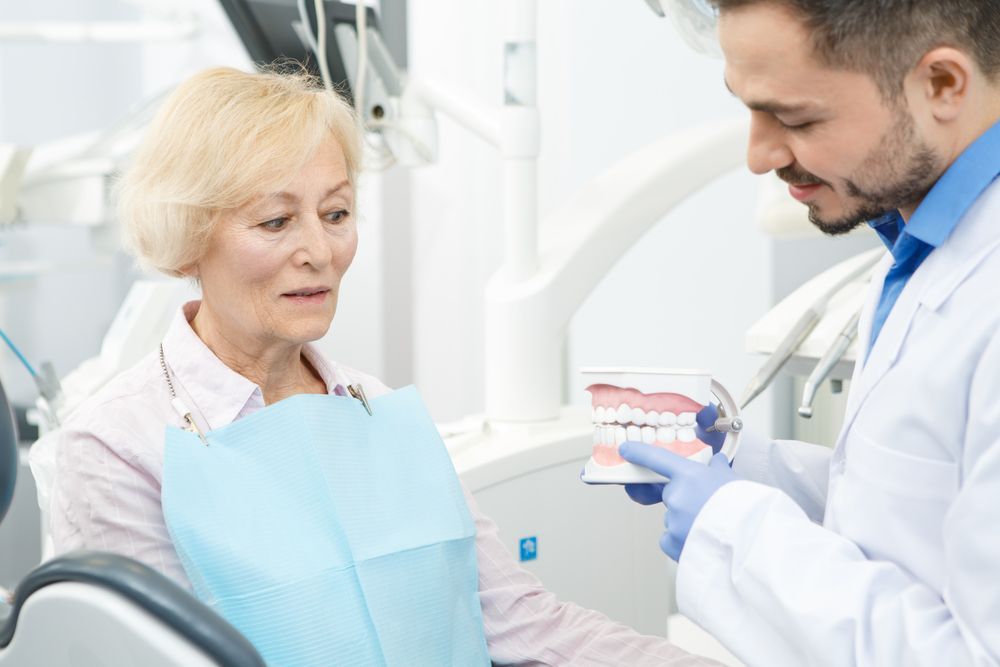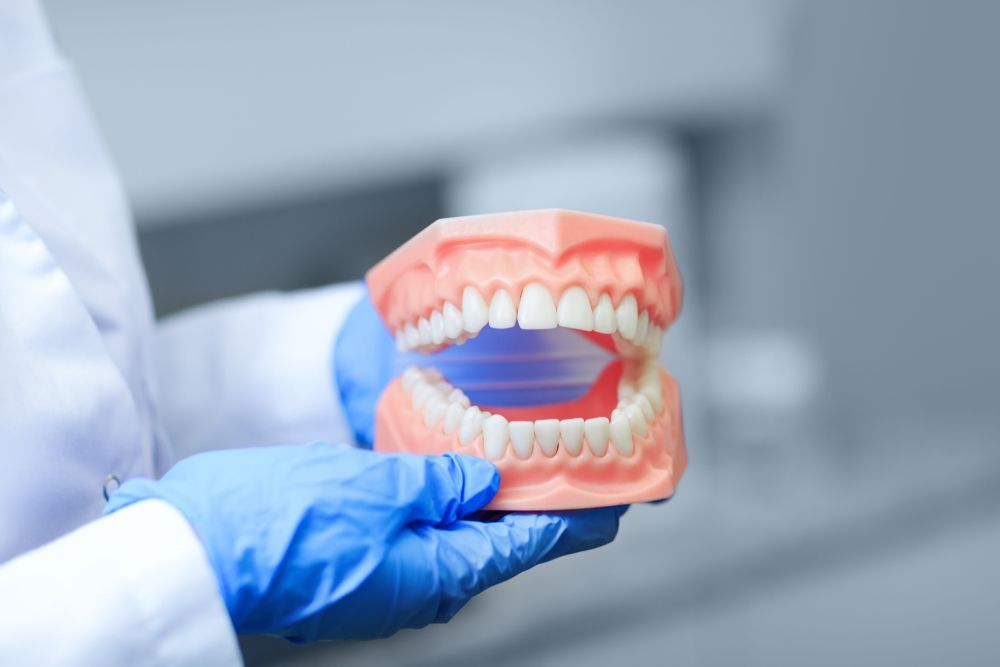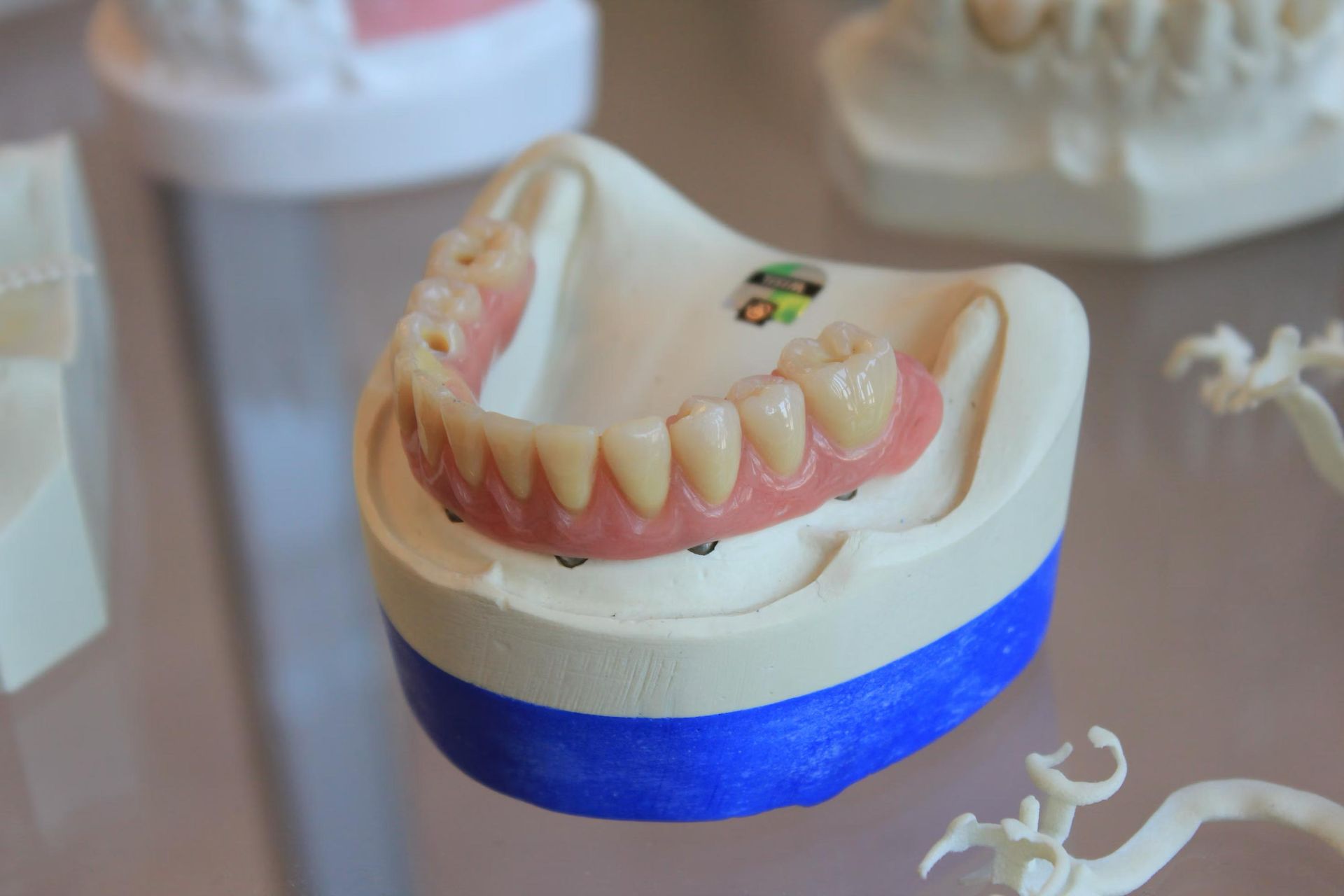A Guide to Denture Relining in Katoomba: How Often Should It Be Done?
Have your dentures started to feel loose, uncomfortable, or not quite right? Over time, changes in the shape of your gums and jawbone can affect how well your dentures fit. When this happens, relining may help restore comfort, improve function, and extend the lifespan of your dentures. If you’re considering denture relining in Katoomba, understanding how often it should be done—and why it matters—can help you stay ahead of any issues before they become disruptive.
In this blog, we’ll explain what denture relining involves, how often it’s typically required, and how local services in Katoomba can help maintain the fit and function of your dentures.
What Is Denture Relining?
Denture relining is a procedure used to adjust the inner surface of a denture so it fits more comfortably against the gums. This process doesn’t alter the appearance of the denture, but it modifies the base to better match the shape of your mouth.
Over time, the gum tissue beneath dentures may change due to:
- Natural bone resorption (shrinkage of the jawbone)
- Weight loss or general health changes
- Long-term wear without adjustment
- The healing process after tooth removal
Relining fills any gaps that develop between the denture base and the gum, restoring a closer and more stable fit. This can help prevent rubbing, improve function, and reduce the likelihood of sore spots or denture movement.
How Often Should Dentures Be Relined?
While every individual is different, many people benefit from having their dentures relined every 18 to 24 months. However, this is a general guide—some may need relining sooner depending on how their oral tissues respond to denture wear.
Common indicators that it might be time to reline your dentures include:
- A feeling that the denture is loose or shifting
- Discomfort or sore areas in the mouth
- Difficulty chewing due to reduced stability
- Food collecting beneath the denture
- Clicking sounds or movement during speaking
If you're unsure whether your dentures need relining, it's worth booking a check-up with your local provider of denture services in Katoomba. A simple assessment can determine whether a reline is appropriate or whether another form of adjustment may be better suited.
Types of Denture Relines
There are two main types of denture relines—hard relines and soft relines. The right approach depends on your specific needs and preferences.
Hard Reline
A hard reline uses a durable acrylic material, similar to the original denture base. This method is designed for long-term use and offers a firm fit. It’s commonly recommended for individuals who have healthy gums and are comfortable with a firmer-feeling base.
Suited for:
- Full denture wearers
- Those seeking a long-lasting solution
- People with stable gum tissue
Soft Reline
A soft reline uses a more flexible material, offering a cushioned feel between the denture and the gums. This can be helpful for people with sensitive gums or those who experience frequent sore spots.
Suited for:
- Individuals with tender or thinning gums
- People adjusting to new dentures
- Those experiencing irritation with hard acrylic bases
Your provider will assess which option is most suitable for your comfort and long-term fit.
Why Denture Relining Matters
Properly fitting dentures do more than provide function—they also support the health of your gums and the comfort of your daily routine. As gum tissue naturally changes over time, failing to reline your dentures may lead to complications such as:
- Increased movement or instability
- Irritation and pressure points
- Changes in facial structure due to poor support
- Difficulty eating or speaking clearly
Denture relining is a proactive way to maintain your oral comfort and preserve the investment you’ve made in your dentures. It also helps reduce the risk of needing a full replacement earlier than expected.
What to Expect During a Reline
The relining process is typically straightforward and can often be completed within the same day, depending on the type of reline and the clinic’s services.
A typical reline includes:
- Assessment: Your denture is checked for fit, comfort and wear.
- Impression: A mould of your gums is taken using a soft material to capture the current contours.
- Reline Fabrication: The denture base is adjusted using either hard or soft material.
- Fitting & Adjustment: Once relined, the denture is returned and checked for comfort and function.
You may be asked to avoid wearing the denture for a short period while the reline is being completed, especially if it needs to be sent to a laboratory. Your provider will explain any downtime and offer guidance on care during this period.
How Relining Differs from Rebasing or Repair
While relining involves adjusting the inner surface of the denture to improve its fit, rebasing replaces the entire acrylic base while keeping the existing teeth. Repairs, on the other hand, address cracks, breaks, or chipped teeth.
Relining is focused on comfort and stability, whereas rebasing and repairs deal with structural or material issues. In some cases, a combination of these services may be recommended to extend the life of your denture.
Supporting Long-Term Denture Comfort
To reduce the frequency of relines and maintain the best possible fit, consider the following care tips:
- Clean your dentures daily with recommended products
- Soak dentures overnight to help maintain shape
- Store dentures safely when not in use
- Avoid hard or sticky foods that may stress the fit
- Attend regular check-ups to assess fit and wear
- Report changes in comfort, speech or chewing as early as possible
Even well-made dentures need occasional adjustment. Being proactive about your comfort can help you continue enjoying your daily activities with confidence.
Contact Us Today to Learn More About Denture Relining in Katoomba
At
The Peaks Denture Clinics, we provide
denture relining in Katoomba to support long-term comfort, function and confidence for full and partial denture wearers. If you’ve noticed changes in the way your dentures fit or feel, our team is here to help. Schedule a consultation with our team today to explore your denture relining options in Katoomba and receive personalised guidance tailored to your comfort and fit.

